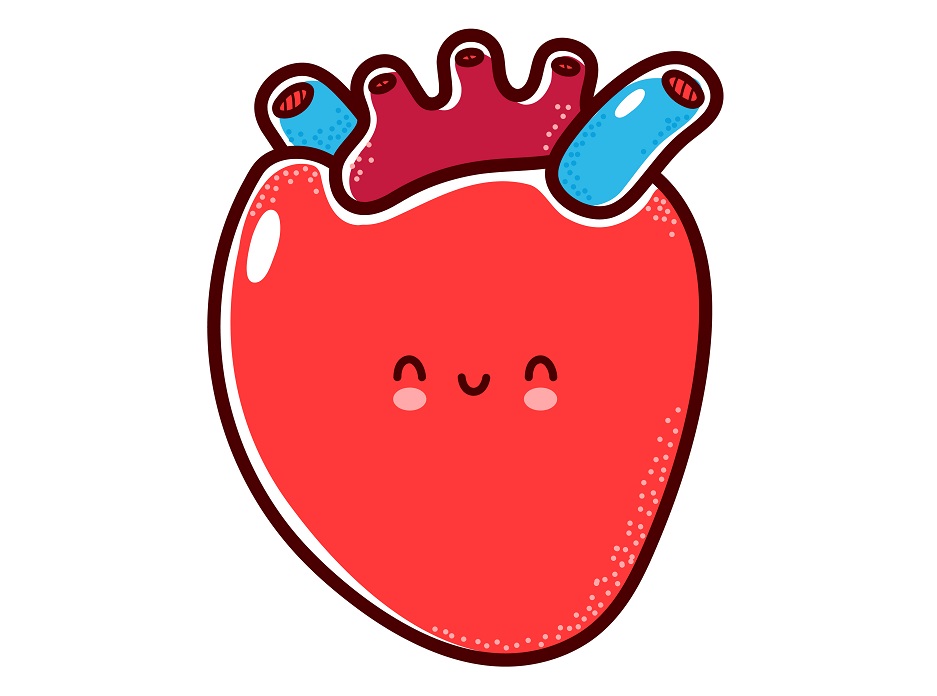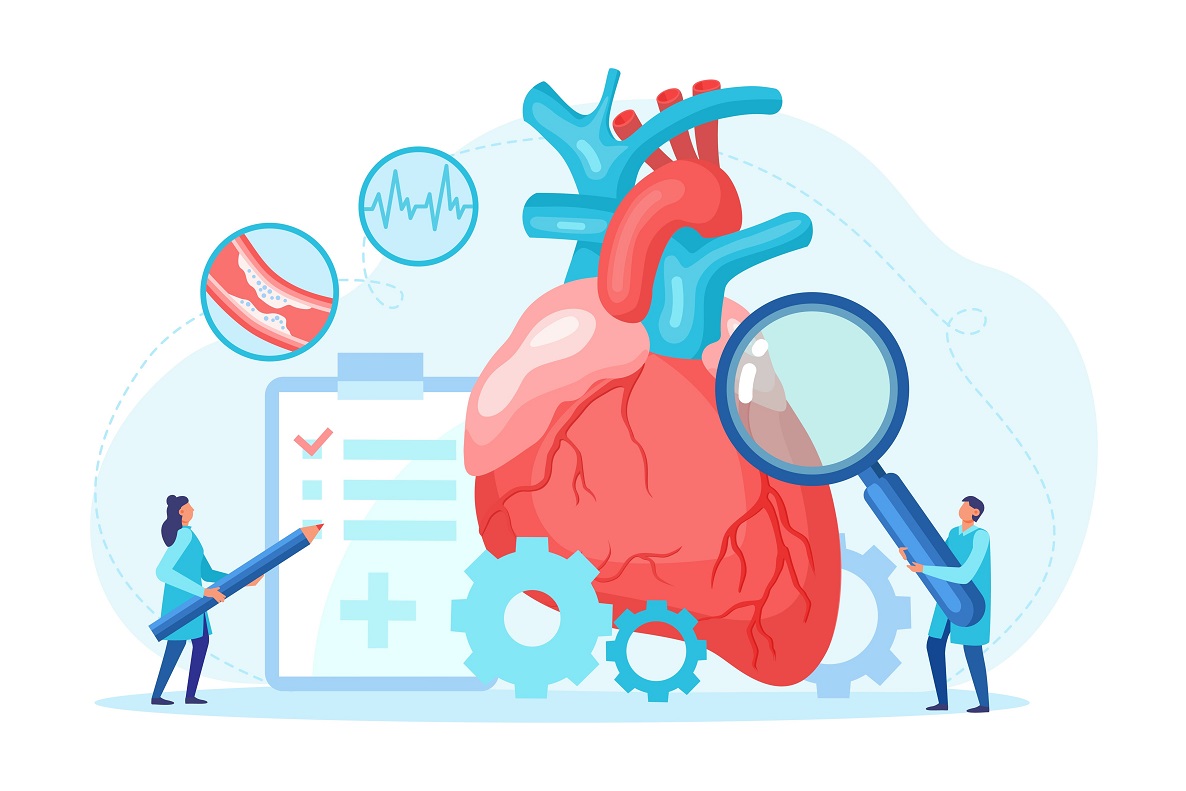Why register?
Find out why it's really important that you do.
The heart is the main organ of the circulatory system.
It continuously pumps blood around the body, beating around 100,000 times every day.
The blood that passes through the heart delivers vital oxygen and nutrients to all parts of the body, and gets rid of unwanted carbon dioxide.
Choosing to donate your heart could save someone's life.

When the heart can no longer pump blood as well as it should, a person is said to be in heart failure.
Someone with this condition may feel extremely tired, be short of breath and have swelling in the legs and ankles where blood cannot get back to the heart effectively.
Heart failure can often be brought on by diseases that cause weakening of the heart muscle or blockages of the blood vessels leading to the heart. Some heart problems present at birth can also lead to heart failure.
While heart failure can be treated, it is a very serious condition that will likely get slowly worse over time, and can eventually be fatal.

When treatments such as medicines or lifestyle changes stop working for someone with heart failure, a transplant may be the only option.
However, there are never enough donor hearts for all the people waiting for a heart transplant.
If you choose to become a heart donor when you die, you could be saving someone's life.
Anyone can register a decision to become a heart donor after death, there is no age limit.
There are also very few health conditions where organ donation is ruled out completely.
If you would like to help others after you die by becoming a heart donor, the best thing to do is to add your name and decision to the NHS Organ Donor Register.
Act now to save lives in the future.

It takes just two minutes to register online.
Alternatively, you can call us on 0300 123 23 23.
Find out why it's really important that you do.
Organ donation will only go ahead with the support of your family, and clinicians will never proceed with organ donation if your family or loved ones object.
Get tips on how to talk to your loved ones about organ donation